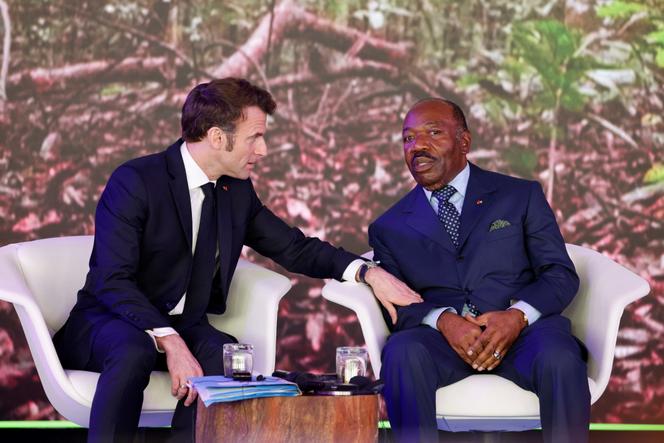


A little over a month after Niger, France is confronted with yet another military coup, this time in Gabon, one of its oldest and most loyal African allies. After the shock of the first few hours, the French government condemned the putsch, as it had in Niger. The coup took place in the midst of an electoral process, a few hours after the disputed proclamation of Ali Bongo Ondimba's re-election. But this time the "return to constitutional order" demanded by Paris does not necessarily involve restoring the incumbent president to power. While Gabon's military officers annulled the election results, French government spokesperson Olivier Véran reiterated "our commitment to free and transparent electoral processes."
For Paris, the Gabonese putsch differs in several respects from the one in Niger on July 26. In Niamey, the military quickly launched a violent anti-French campaign to demand the departure of the ambassador and French forces, redeployed there to fight jihadists following their forced withdrawal from Mali and Burkina Faso, two Sahel states also under the rule of military putschists. France has so far rejected Niger's demands, refusing in particular to recall its ambassador. It is demanding that the military hand over power to deposed president Mohamed Bazoum, who has since been isolated with his family.
President Emmanuel Macron reminded French ambassadors on Monday, August 28, that he would support, but not directly participate in, any military intervention by the Economic Community of West African States (ECOWAS). At a meeting with her European counterparts in Toledo, Spain, on Wednesday and Thursday, Foreign Minister Catherine Colonna was also expected to call for sanctions against the Nigerien figures involved in the coup. For the French president, this firm stance is intended to put an end to the "epidemic" of coups currently underway in the region.
However, the putsch in Gabon has further weakened France's position in its old African stomping grounds, even if the situation is different in this Central African country, ruled for over five decades by the Ondimba family. Paris wants to believe that the soldiers behind the coup do not share the anti-French rhetoric of their Nigerien counterparts. While France evacuated some of its nationals from Niamey in early August, it has no plans for a similar operation in Libreville, as the security situation is currently considered to be under control.
To date, this new coup would appear, from a French point of view, to be motivated less by anti-French considerations than by tribal struggles within the regime of Ondimba, a president weakened by a stroke in 2018. Macron himself warned of the risks of an unbalanced election during his visit to Libreville in March 2023. "I have not come to invest anyone, I have only come to express my respect for and solidarity with a people and a country that are brothers," the French president declared at the time, seeking to convince people that the time of French electoral interference was over, as was that of "Françafrique." (The nickname for a lingering post-independence form of colonialism.)
You have 43.61% of this article left to read. The rest is for subscribers only.
